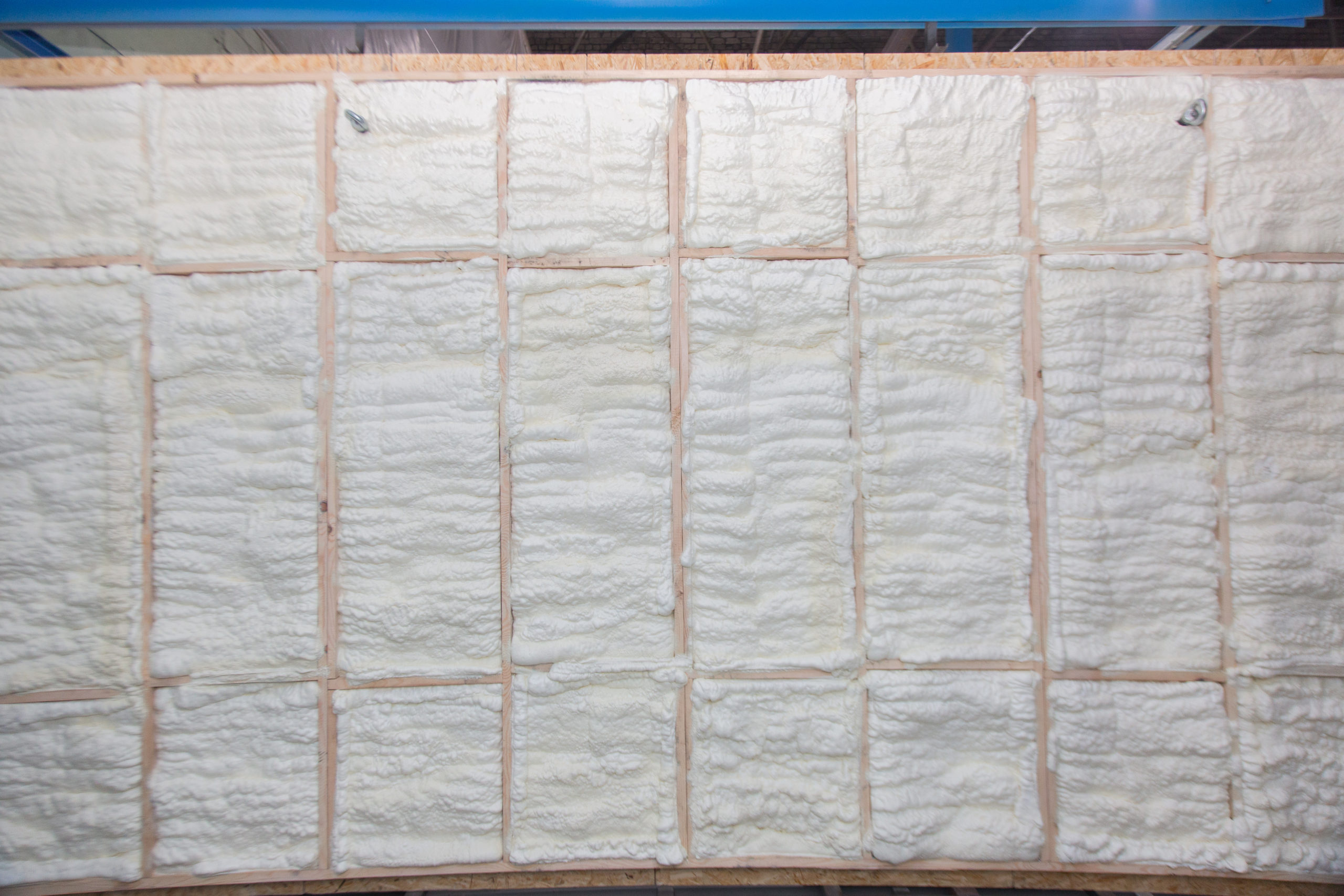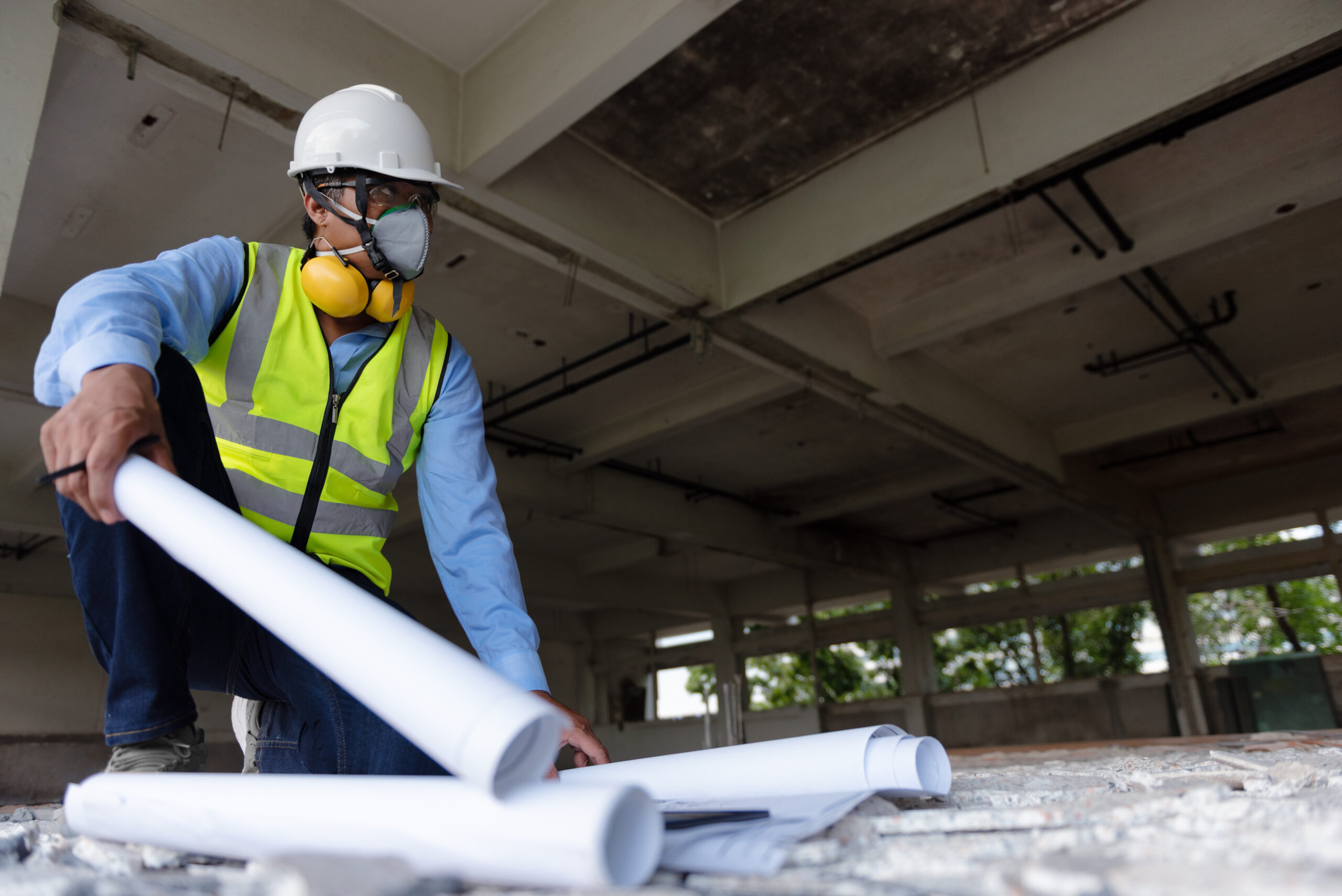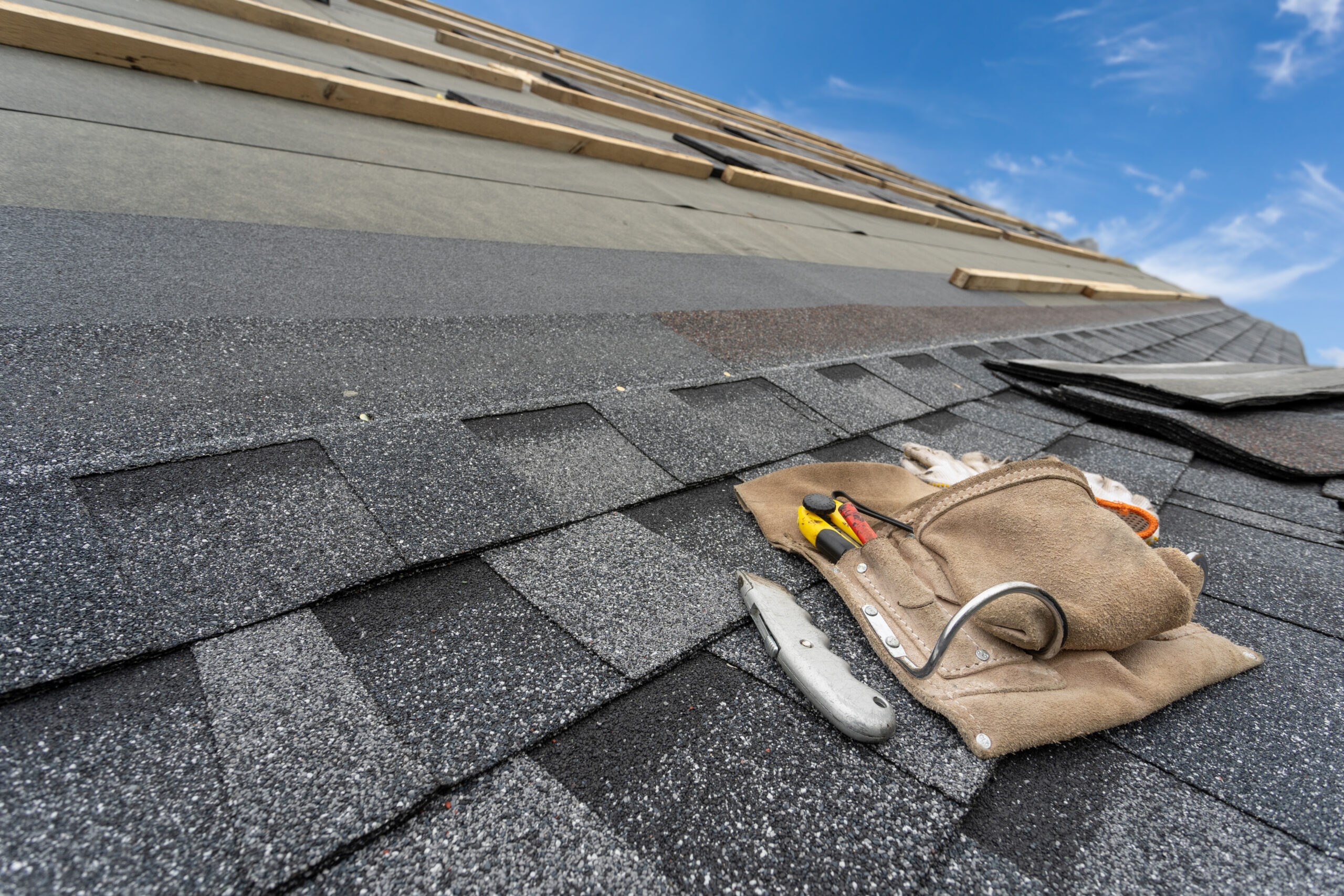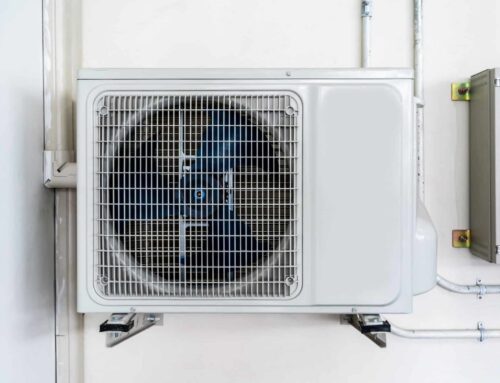Inside, you’ll generally want to keep your house below a maximum temperature of about 75 degrees. On average, days like this will give you a roughly 25-degree temperature difference between your home and the outside world.
On the other hand, in colder states like Michigan, winter months can bring average outdoor temperatures that can range anywhere from below 20° to 30°F.
Indoors, you’d need to set your thermostat to around 70 degrees for a comfortable and budget-friendly winter. This would give you a roughly 40-degree temperature difference between indoors and outdoors, almost double that of homes in hotter climates.
What does all this mean?
Insulation in hot, humid climates doesn’t have to work as hard to regulate your home, as the difference between indoor and outdoor temperatures is smaller during peak seasons. That being said, you’ll need to target key areas with insulation and follow other precautions to keep your home as efficient as possible.
What spaces in your home should you insulate and seal in a hot and humid climate?
Insulation is an integral part of your home’s ability to regulate temperatures, but it has to be installed correctly to be effective.
A big part of proper installation is making sure critical areas in your home are filled with insulation and protected in other ways. If they’re neglected, you’ll lose out on energy savings and could end up with drafty rooms and hot/cold spots. In hot and humid climates, there are a few main locations that are crucial for insulation success:
The Attic:
It’s important to fully insulate your entire attic, to ensure that air and temperatures are flowing where they should, and staying away from where they shouldn’t. A common mistake people could make is only installing insulation on the floor of the attic. Instead, you’ll need to insulate the walls, floor, and ceiling of your attic to make sure there are fewer places for warm air to gather. This helps to keep the sun’s heat out and will help prevent your attic from turning into an oven that tries to heat up the rest of your house.
Another way to prevent an “oven attic” is to run an air conditioning vent through your attic. The fewer hot spots you have in your house, the easier your AC’s job will be, saving you money on your utility bills over time. All in all, your attic needs to be as insulated as possible, with good ventilation, to keep hot air from gathering and to make your AC’s job easier.
Doors and Windows
Keeping the barriers between your home’s interior and the outside world sealed is a great way to help regulate temperatures. Weatherstripping doors and windows is a great and easy way to do this, but it’s often overlooked. It’s simple, cost-effective, and keeps cool air in while keeping hot air out. Even though it seems obvious, simply making sure your windows and doors are closed while your AC is running has a large impact on your home’s efficiency as well.
Overall, sealing your windows and doors means your AC won’t have to work as hard in the summer, saving you money on your energy bills. The small details add up.
Exterior Walls
Insulating your exterior walls is important for keeping the sun’s heat out of your home. However, before you can even start thinking about adding insulation to all your exterior walls, you need to make sure you have moisture and humidity under control. Check and make sure your ceilings, floors, pipes, siding, windows, and doors are all properly sealed. You need a dry space to apply insulation, and it needs to stay that way for long-term success.
Beyond the negative effects moisture and liquids have on your insulation’s performance, they can cause mold and structural problems if left untreated, posing a threat to your home and even your health.
Contact Connecticut Retrofit. When you call we will schedule you for a home consultation to perform an energy consultation and help you investigate and receive any applicable insulation rebates. Call us at 860.238.3112 or fill out the form below.





